Family adventure films have long drawn mileage from quest narratives layered atop allegorical fairy tales. But in an era where Disney’s commodified storytelling has evolved into a saturated subgenre of intellectual property mining, it’s worth revisiting how 1937’s “Snow White and the Seven Dwarfs” first unlocked a vault of canonical fairy tales that shaped the animation industry. As the first-ever U.S. animated feature, the film not only made waves worldwide with its groundbreaking innovation and craftsmanship but also cemented itself as an inextricable part of Disney’s brand identity.
While cherry blossom-themed theme park rides, an endless array of merchandise, and Broadway adaptations have helped Disney retain its legacy, the studio hasn’t been able to steer clear of the controversies surrounding its live-action remake—one that has faced scrutiny since pre-production, nearly 88 years after the original. Despite the studio’s continued dominance in box office revenue, the company has increasingly found itself in a self-perpetuating cycle, often accused of catering to virtue-signaling trends. This ongoing debate—whether justified or not—has seemingly influenced the marketing approach for “Snow White”, a film that has been in development for over six years but is being campaigned in a notably less extravagant manner.
As suggested by the fervent discourse on social media, the film is no longer just a reinterpretation of a beloved fairy tale—it’s a reinvention of Disney’s own legacy. While it arrives amid an echo chamber of cultural critiques, these debates have little bearing on the narrative fabric of this 21st-century update.
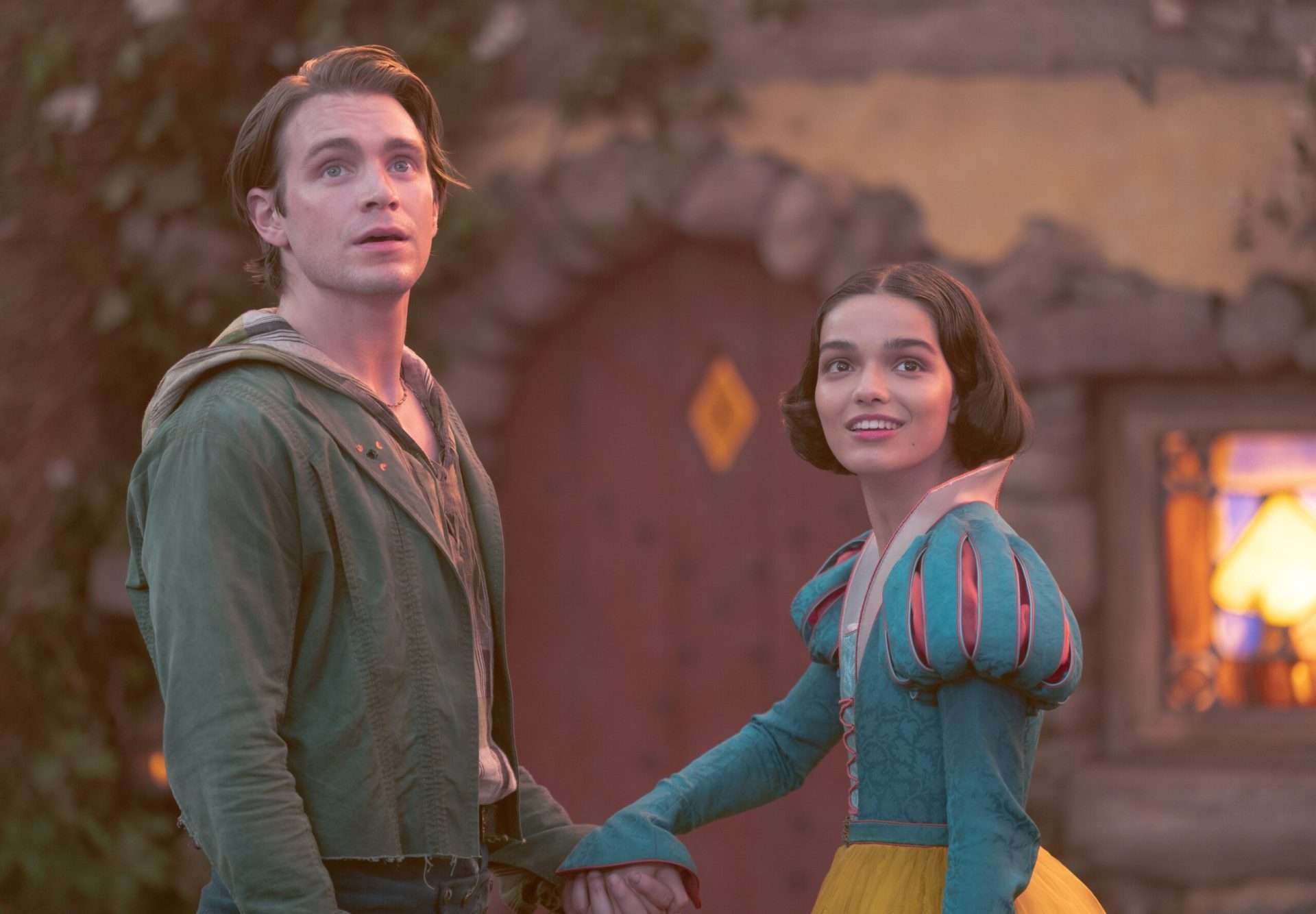
The story follows the titular heroine, (Rachel Zegler), through her adolescent years in a kingdom once flourishing under the benevolent rule of the King (Hadley Fraser) and Queen (Lorena Andrea). However, tragedy strikes with the Queen’s passing, and soon after, Snow White’s father remarries. His new wife, the cunning and ruthless Stepmother (Gal Gadot), swiftly consolidates power by disposing of the King under sinister circumstances, casting a shadow of tyranny over the realm.
A staunch institutionalist, Snow White clings to memories of her father’s reign, reminiscing about simpler times when her family baked apple pies for the hardworking townsfolk—gestures of kindness rather than fleeting indulgences. However, it isn’t until she encounters Jonathan (Andrew Burnap), a commoner and leader of a band of woodland outlaws, that she begins to see the potential for change. His defiant spirit challenges her perception of leadership, setting in motion a journey of self-discovery and rebellion against the oppressive rule of her stepmother.
Long before Marc Webb took on large-scale studio projects, he made a name for himself as a vibrant music video director with a knack for reimagining traditional romances within the indie film circuit. It’s refreshing to see traces of that stylistic flair here, at least until they are inevitably overshadowed by the company’s recurring live-action remake dilemma—the fine line between ambitious reinvention and the unsettling question of whether reimagining classic tales is truly worthwhile if it risks diluting their original magic.
Some moments do stand out, albeit sporadically, such as the haunting sequence in which Snow White is banished into the forest. However, much like many of Disney’s recent remakes, the film grapples with the challenge of balancing nostalgia with modern storytelling, often leaving its artistic identity in limbo.
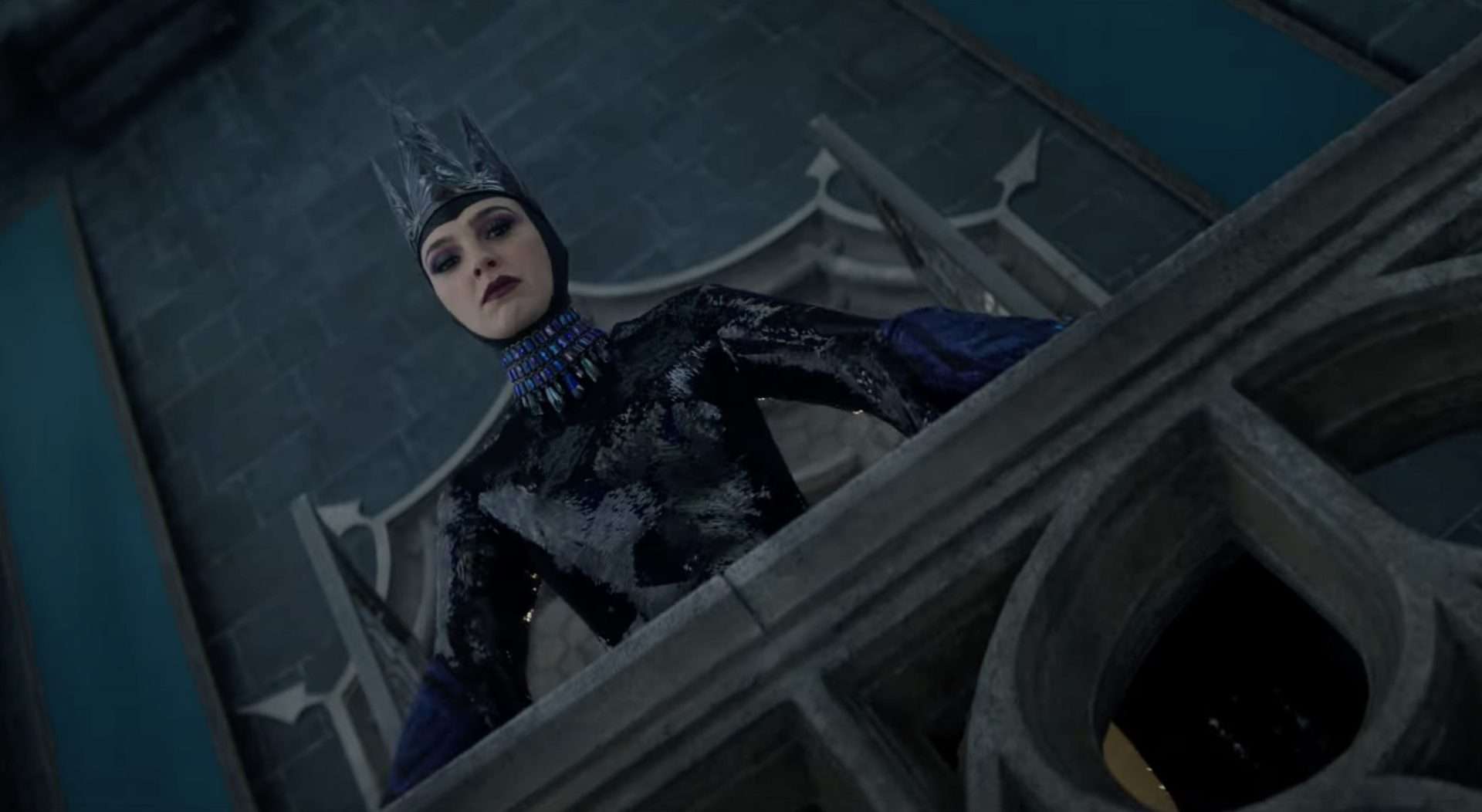
Much of the discourse surrounding “Snow White” stems from the now-familiar debate over Hollywood’s tendency to incorporate ‘woke’ ideals as a form of virtuous advertising. Yet, what’s deeply ironic is how blatantly the film strains to settle on a middle ground in the conversation. On one hand, it flattens the quaint charm of a classic tale born from a less cynical era, yet on the other, it hesitates to fully embrace the cultural moment that demands introspection and course correction. These are adjacent points that truly great animation can reconcile—something Disney itself has proven in the past.
What ultimately carries the film, then, is Rachel Zegler’s commanding presence. Her radiant voice, natural charisma, and effortless grace inject life into the coming-of-age journey, further enhanced by Sandy Powell’s exquisite costume design. It’s enough to make one ponder the film’s broader themes—have we long since overlooked the idea of beauty as a symbol of power masquerading as something sinister? The CGI-rendered seven dwarves seem to echo this notion, particularly when discussing the dire economic landscape under the Evil Queen’s reign.
But how do you make such thematic explorations feel earnest, especially in a film where modern audiences demand more thoughtful representation? And then it becomes clear—this is the same studio that sat on the film for years while selectively erasing trans storylines from other projects. A company that, for all its grandiose messaging, is just as willing to make clumsy heel turns as it is to churn out rehashed IPs. In doing so, Disney feels increasingly distant from the virtues and spirit that once defined it, entangling itself in new-age princess problems while struggling to maintain its old-guard magic.

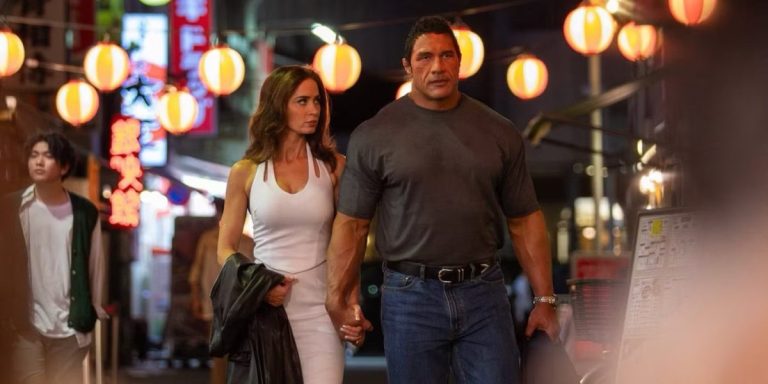
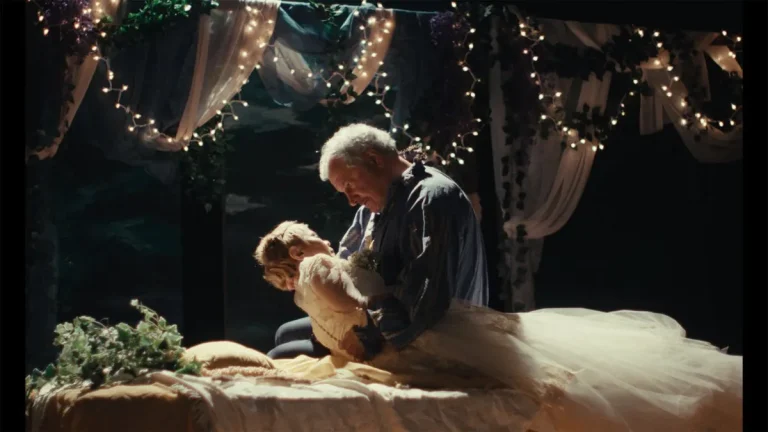
![The Edge of Democracy Netflix [2019] Review – A Captivating and Sobering Account of Breakdown of Democracy](https://79468c92.delivery.rocketcdn.me/wp-content/uploads/2019/06/eod-cover-768x433.jpg)
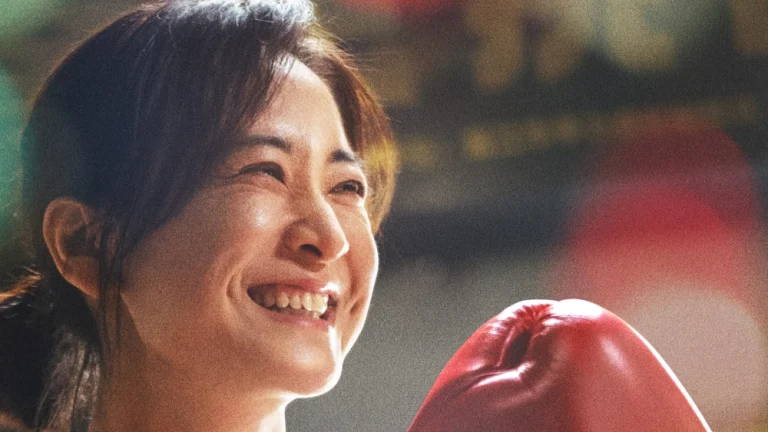
![Atlantis [2019] ‘TIFF’ Review: A War Never Ends](https://79468c92.delivery.rocketcdn.me/wp-content/uploads/2019/11/atlantis-768x512.jpg)
